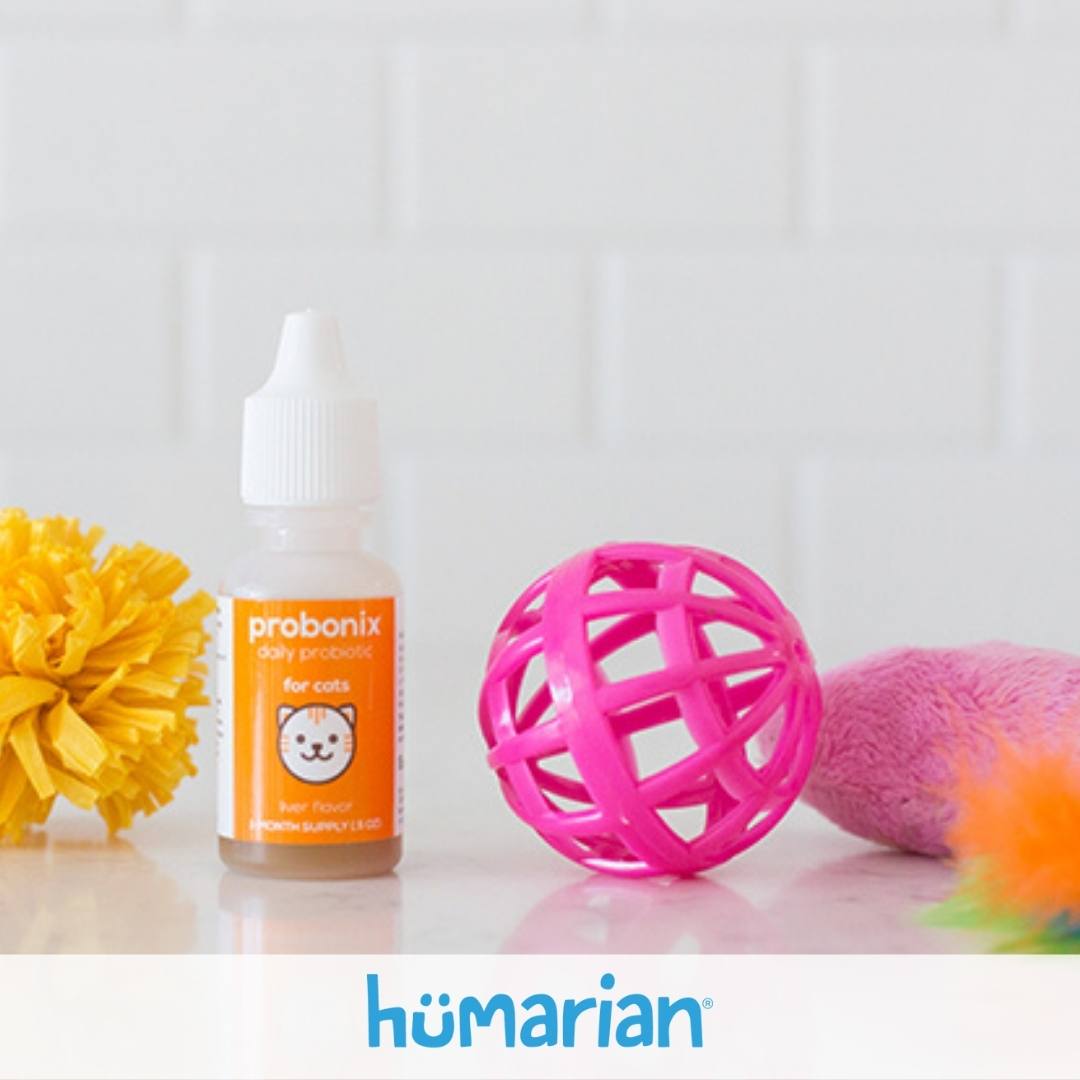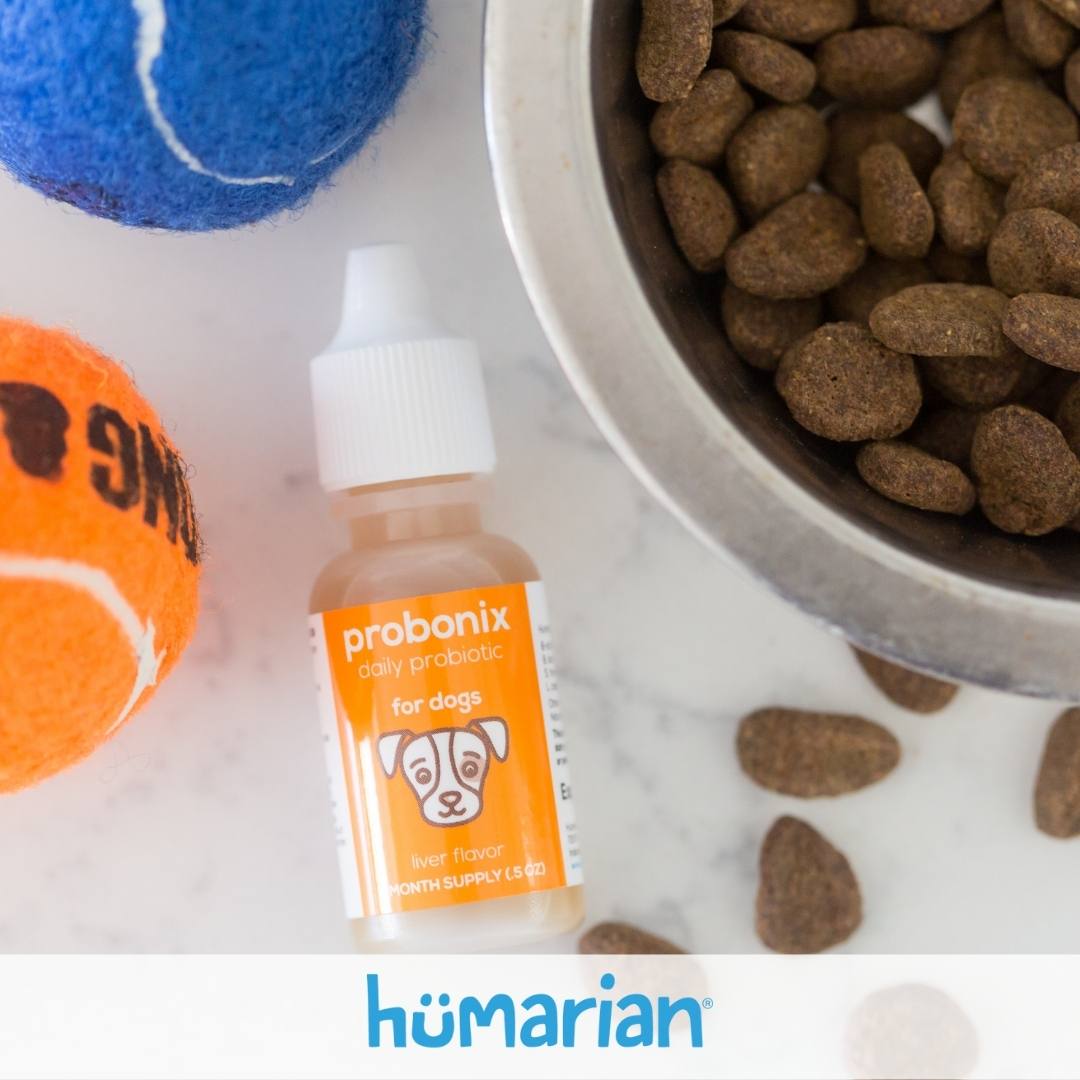Why is my pet vomiting?
Does your pet throw up? If not, consider yourself fortunate. Vomiting is a common occurrence for cats and dogs. They can get upset stomachs just like humans, so throwing up on occasion isn’t normally a big deal.
There are many potential causes for vomiting in cats and dogs. One of the most overlooked reasons for vomiting cats is from eating too many carbohydrates. Unlike omnivorous dogs, cats are carnivores that require a high protein, low carb diet. Many of the most common cat kibble brands are high in carbs and can lead to vomiting without enough protein to offset all the carbs from the grain in the kibble.
Both dogs and cats can vomit due to food allergies or sensitivities. Sudden diet changes, overeating, and eating too quickly can also lead to vomiting. In these cases, you can remove specific food items, change portion sizes, or make gradual dietary changes.

Other common reasons that dogs or cats might vomit include:
- Parasites and other pathogens
- Hairballs
- Drinking too quickly
- Motion sickness
- Medication side effects
- Nausea
- Stress
Many of the issues outlined can be addressed at home, but when in doubt, consult your veterinarian. As mentioned, vomiting occasionally is a common occurrence for dogs and cats and can often be addressed by home remedies, but there if you notice any of these signs, skip the remedies and head straight to the vet:
- Repeated vomiting, even after fasting
- Repeated dry heaving without anything coming out
- Blood in vomit or stool
- Animal is weak or lethargic
- Signs of dehydration and/or animal can’t keep water down
- Excessive drooling in dogs
- Animal already has a health condition and will be more severely affected by vomiting
Causes of vomiting that should prompt an immediate visit to the vet include:
- Pancreatitis
- Stomach ulcers
- Food poisoning
- Ingestion of household toxic/poisonous substances
- Swallowing objects that get stuck in the stomach or intestines
- Inflammatory Bowel Disease (IBD)
- Kidney disease/failure
- Hyperthyroid disease
- Heatstroke
What are common treatments for vomiting animals?
If you’ve consulted with your vet and determined that your pet’s vomiting doesn’t require an immediate veterinary visit, there are several treatment options to consider.

The first consideration for both dogs and cats should be a short fast to clear out their stomach and allow their digestive system a chance to reset. They should fast somewhere between 12 and 24 hours, but make sure that they still have access to freshwater. In the case of particularly small cats and dogs, low blood sugar levels could be a concern, so consult your vet before putting them on a fast. The same can be true for kittens and puppies.
After the fast, start with bland food that isn’t likely to upset their stomach. Boiled chicken with rice is a good place to start for dogs. For cats, plain proteins like chicken breast, eggs, or whitefish are good options. If all goes well with the bland food, you can reintroduce their normal diet in small portions and reevaluate from there.
Other options for treating vomiting include digestive enzymes, hairball remedies for cats, and herbs or natural ingredients that are soothing for the digestive system. Ginger can be an effective option for reducing nausea that can lead to vomiting. Peppermint and chamomile can help to soothe upset stomachs. Another option that is becoming increasingly popular for vomiting and overall digestive health is probiotics.
How can probiotics help my animal?
Much like the human body, healthy bacteria in the bodies of dogs and cats perform a number of important functions, many of which can help to prevent or soothe causes of vomiting. Some of the many benefits probiotics can provide include:
- Improving general digestion
- Regulating stool consistency and frequency
- Helping with constipation and diarrhea
- Improving dental health
- Reducing the effects of allergies
- Improving yeast infections
Immune health in cats and dogs has been shown to be closely linked to the health of the digestive tract, so when your animal’s digestive health is poor, their immune health can suffer too.
In terms of issues directly related to your pet vomiting, probiotics have been shown to help with stress, reduce nausea, reduce the effects of food sensitivities, and can help to fight off pathogens. Fighting off pathogens is one of the main ways probiotics can help to improve digestive health. They do so by crowding bad bacteria and other pathogens out of the system. When molds, and other bacteria are passing through your pet’s gut, they must latch onto cells in the intestines before they are able to cause any harm. If they can’t attach, they’ll pass on through without doing any damage. Several kinds of probiotic bacteria latch onto these same cells so bad pathogens can’t. In a healthy gut, most of the intestinal cells will have healthy bacteria attached to them. This means that there are significantly fewer cells left, if any at all, for bad bacteria and other pathogens to grab onto before they’re swept out of the gut.
What probiotics are best for my animals?
The best probiotics for dogs and cats are often the same as the bacteria that naturally live in their digestive systems. Some of those bacteria include:
- Bifidobacterium animalis
- Bifidobacterium breve
- Bifidobacterium lactis
- Lactobacillus acidophilus
- Lactobacillus casei
Some probiotic strains have been shown to help cats and dogs in other ways. B. lactis has been shown to reduce the effects of certain food sensitivities. E. faecium has been shown to improve immune function in both dogs and cats.
If you want a probiotic supplement that has a great mix of strains for your pet, consider Probonix for Dogs and Probonix for Cats. Probonix has been scientifically formulated using eight of the most effective strains for supporting digestive health in dogs and cats. Probonix uses a proprietary acid formula to coat the probiotics so they can make it to the gut alive more effectively than other probiotic supplements. Traditional probiotics in pills and powders can be difficult to give to dogs or cats, but the liquid format of Probonix makes giving it to pets easy. Just add a few drops on top of their food or into their water each day.

